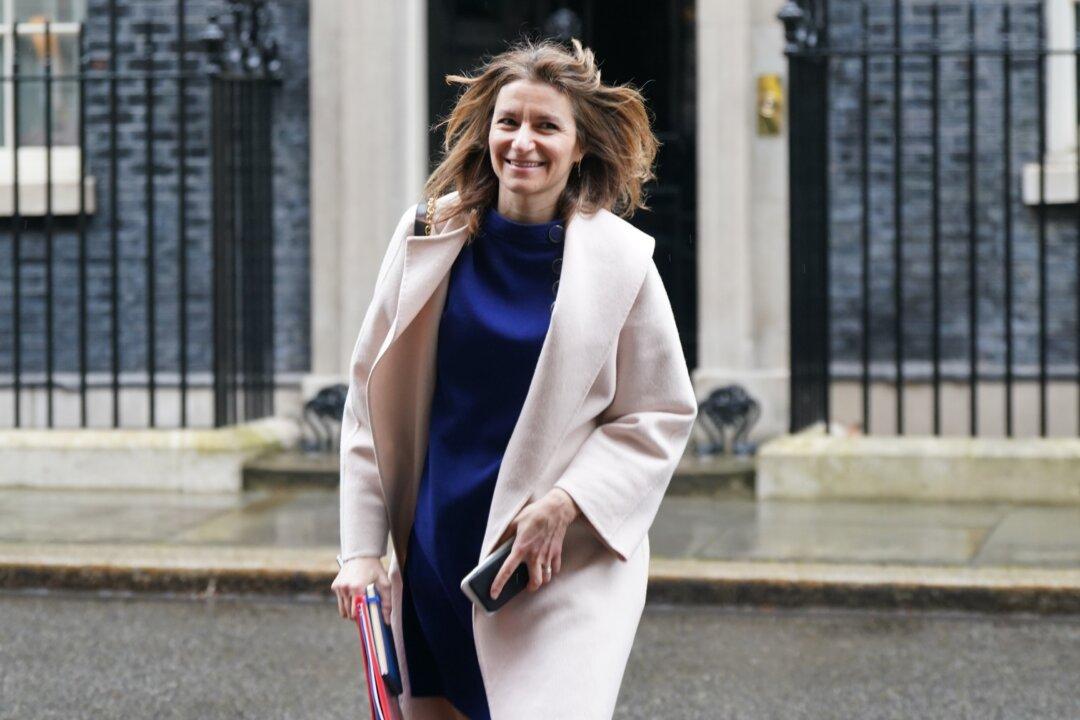A minister on Sunday defended the Metropolitan police after the force arrested 52 people before and during King Charles III’s coronation on Saturday.
Culture Secretary Lucy Frazer said she believes the Met has got the balance right between the right to protest and policing an international event and that she has “huge confidence” in the police.





